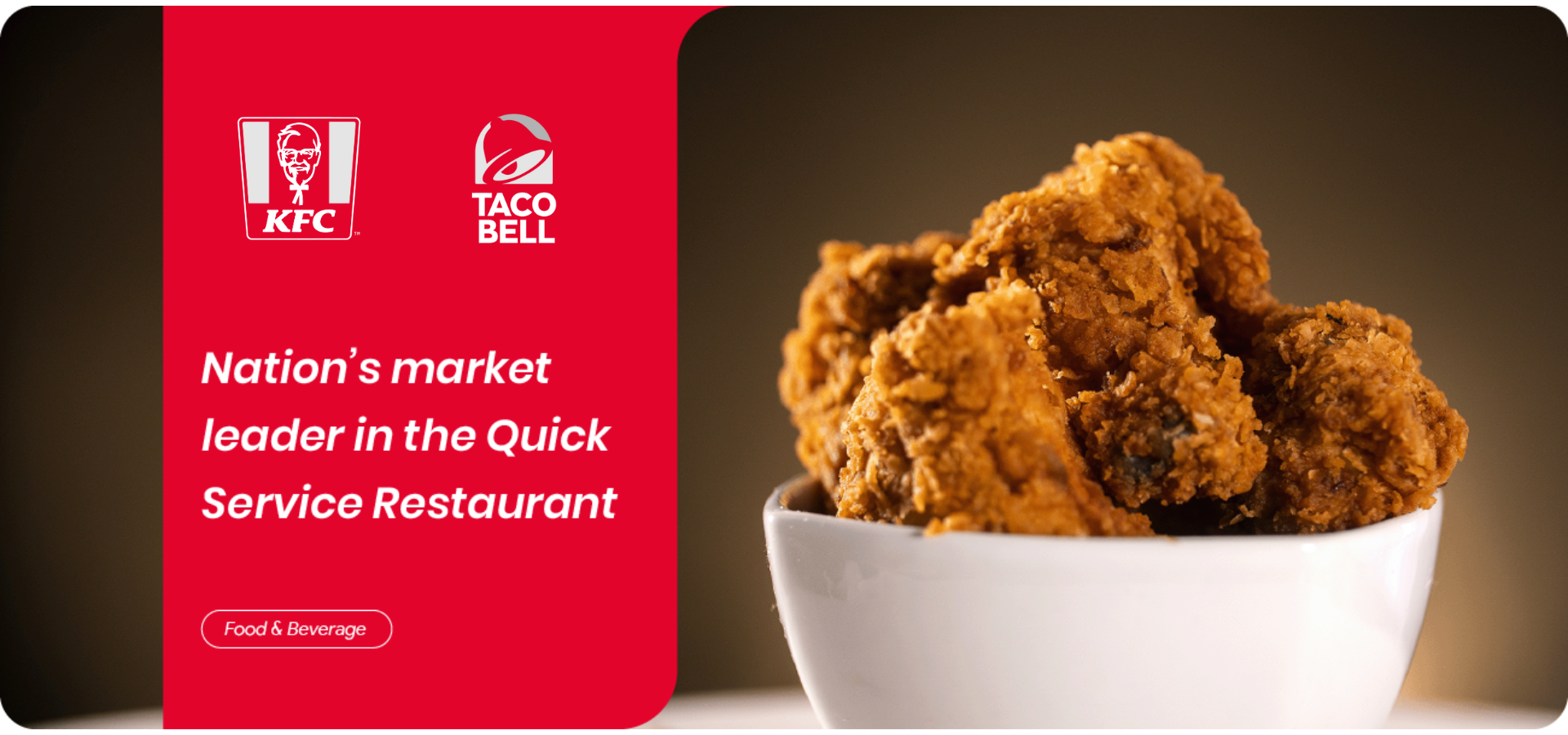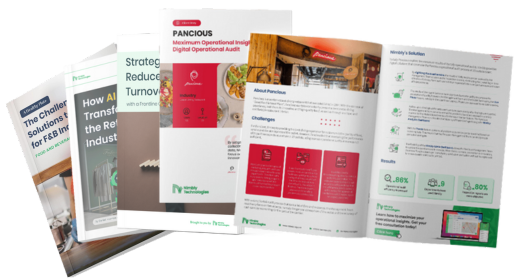

Food waste is a problem that the food and beverage industry sector continues to struggle with. Every day, tons of food is thrown away by restaurants around the world. A study reveals that globally, around 1.3 billion tons of food is wasted each year.
To date, more and more restaurants are becoming environmentally conscious by reducing their food waste to a minimum. By reducing food waste, restaurants are helping to save the planet while realizing sustainability. Ultimately, the restaurant will also save more money.
Also read: 4 Essential Benefits that you need to know about Waste Management
The following are strategies that your restaurant can implement to reduce food waste and increase profitability.
| 1. Implement Good Inventory Management 2. Try to Reuse Any Products 3. Donate Excess Food to Charity 4. Create Garbage Management Team | 5. Turn Organic Waste Into Composts 6. Practice Wise Planning and Shopping 7. Utilize Digital Checklist or Tracking Apps |
Inventory management plays an important role in the effort to reduce food waste. Restaurant managers have to implement good inventory management. This can be done by storing the food properly and providing a backup plan if something goes wrong to avoid spoiled food.
Managers can also arrange the orders and delivery of ingredients to the restaurant to come only when the stock is almost gone and not overstock any ingredients.
Example:
Sweetgreen is a salad and bowl restaurant chain known for its commitment to sustainability. They have implemented strong inventory management practices to reduce food waste. Sweetgreen uses data analytics to optimize their ingredient ordering, ensuring that they have the right amount of fresh produce on hand to meet customer demand. This approach has helped them significantly minimize food waste while maintaining the quality of their offerings.
To be a sustainable restaurant, managers need to look beyond the food served. Managers need to reuse any product they can. For example, providing reusable napkins. This way, the napkin can be washed and used again, which can reduce expenses and garbage production in the long run.
You can also switch to a laminated menu or put it in a casing to be reused. Paper menu is not sustainable as it is easily stained or ripped, making you need to replace it more often.
Example:
Suhring, located in Bangkok, Thailand, is a Michelin-starred restaurant known for its creative and sustainable approach to fine dining. In line with reducing waste, Suhring has embraced the concept of reusing products. One notable practice at Suhring is their creative use of reusable tableware. They utilize high-quality, durable dishware and utensils that can be washed and reused, minimizing the need for disposable items. This eco-friendly approach not only reduces waste but also enhances the overall dining experience at the restaurant. Suhring's commitment to sustainability serves as an inspiring example from South East Asia.
Instead of throwing away food, it will be more sustainable to donate it to charity instead. There are many charities available today that accept unused food from restaurants. Other than that, it is a wise way to deal with food wastage.
Example:
Olive Garden partners with food rescue organizations like Feeding America to donate surplus food. Their "Harvest" program has provided millions of meals to those in need while reducing food waste.
Also read: 11 Tips to Manage Restaurant Loss Prevention
Try to create a special team to manage the garbage. This team should consist of people that are also involved in meal preparation. This way, they know exactly what specific ingredients are used and how to dispose of them, or how to make less of that certain waste.
Example:
FARMacy Café in Bali, Indonesia has implemented an effective garbage management team as part of their commitment to sustainability. The team, comprised of chefs and staff, plays a vital role in monitoring and minimizing waste at the restaurant. They actively engage in creative practices to repurpose kitchen scraps and leftovers, transforming them into new, delicious dishes. By doing so, FARMacy Café not only reduces food waste but also showcases how Southeast Asian restaurants are dedicated to environmental responsibility and innovative culinary solutions.
When you're operating a restaurant, food waste is sometimes inevitable, but it doesn't mean that there's nothing else you can do. You can make the food waste better for the environment by turning them into compost. This will help restaurants reduce food waste being sent to landfills which produce harmful methane gas.
Example:
The Nasi Lemak Project in Malaysia is a social enterprise that effectively turns organic waste into valuable compost. The Nasi Lemak Project collects food scraps and organic waste from restaurants and households, diverting them from landfills. This waste is then processed and transformed into nutrient-rich compost. The compost is used to support urban farming initiatives, helping to reduce the environmental impact of food waste and promote sustainable agriculture in South East Asia. The Nasi Lemak Project serves as a notable example of waste reduction through composting in the region.
Another effective strategy to reduce food waste is by making sure you have wise planning and shopping. This means a certain system when shopping for ingredients that make sure it is aligned with your restaurant's demand and not overstock items.
Example:
Walmart, a major food retailer, has been using predictive analytics to optimize their inventory. By accurately forecasting demand and ordering accordingly, they've managed to reduce food waste in their supply chain.
Last but not least is utilizing technology in your effort to reduce food waste. For example, you can use a digital checklist such as Nimbly to make sure you have followed the necessary steps in your restaurant management to reduce food waste.
Example:
KFC in Indonesia has adopted modern technologies such as Nimbly to streamline their operations and minimize food waste. They utilize digital checklists and tracking apps to monitor ingredient levels, health, and cleanliness, and optimize kitchen processes. By implementing these digital solutions, KFC Indonesia has been able to significantly reduce food waste, ensuring that they only prepare and serve items according to customer demand while maintaining high food safety standards.

Reducing food waste may sound difficult, but it is actually easier than you might think with the right strategies. You only need to adopt the strategies mentioned above to reduce food, achieve sustainability, save the planet, and save costs. By doing this, you have contributed to the sustainability and longevity of the planet.
Utilize digital routine checklists such as Nimbly to streamline your restaurant operation and achieve business sustainability.
